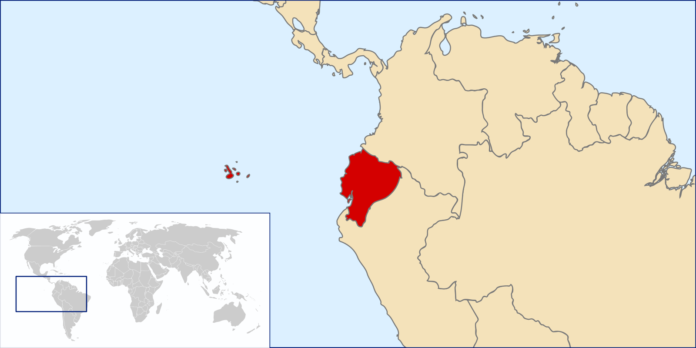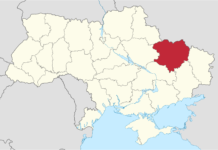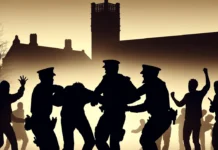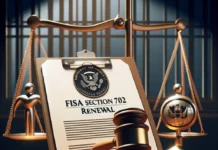Ecuador’s President Daniel Noboa declared a state of emergency in the country following a series of escalating violent incidents. This drastic measure was taken in response to the escape of a notorious drug lord, Jose Adolfo Macias, alias “Fito”, from maximum-security detention. Macias is the leader of the powerful Los Choneros gang and is known for his reign of terror, particularly within the prison system.
The 60-day state of emergency, announced by President Noboa, includes a nightly curfew from 11 pm to 5 am. This action authorizes the mobilization of soldiers on Ecuador’s streets and in prisons, as part of a broader effort to combat what President Noboa has described as “narcoterrorists”. The state of emergency is aimed at giving the armed forces the necessary political and legal support to carry out their duties effectively in the battle against these criminal elements.
The crisis in Ecuador escalated rapidly over a short period. Following Macias’s escape, violence broke out in several prisons, and police officers were kidnapped in multiple incidents. Explosions also occurred in various cities, intensifying the sense of urgency for government action. In response to these developments, President Noboa declared 22 gangs as terrorist organizations and ordered the armed forces to neutralize these groups in compliance with international law and human rights.
The situation in Ecuador reflects the growing challenge of drug-related violence and the influence of narcotics traffickers in the country. Over recent years, Ecuador has become a significant transit route for cocaine smuggling between South and North America, leading to an increase in violence and instability. The government’s response, including the construction of new maximum-security prisons, mirrors strategies employed in other Latin American countries facing similar challenges.
The international community, including the United States, has expressed concern about the escalating violence and kidnappings in Ecuador. Peru has responded by declaring an emergency along its northern border with Ecuador, and other neighboring countries like Brazil, Chile, and Colombia have shown support for Ecuador’s efforts to address the security crisis.
President Noboa, who came to power with promises to address the growing insecurity and clamp down on gangs, faces a significant challenge in restoring peace and stability in the country. His approach includes measures to militarize borders and create a separate judicial system for the most serious crimes. The recent incidents underscore the complexities of tackling organized crime and the necessity of concerted efforts to ensure public safety and security in Ecuador.
Image is licensed under the Creative Commons Attribution-Share Alike 3.0 Unported license and the Creative Commons Attribution-Share Alike 2.5 Generic, 2.0 Generic and 1.0 Generic license.










